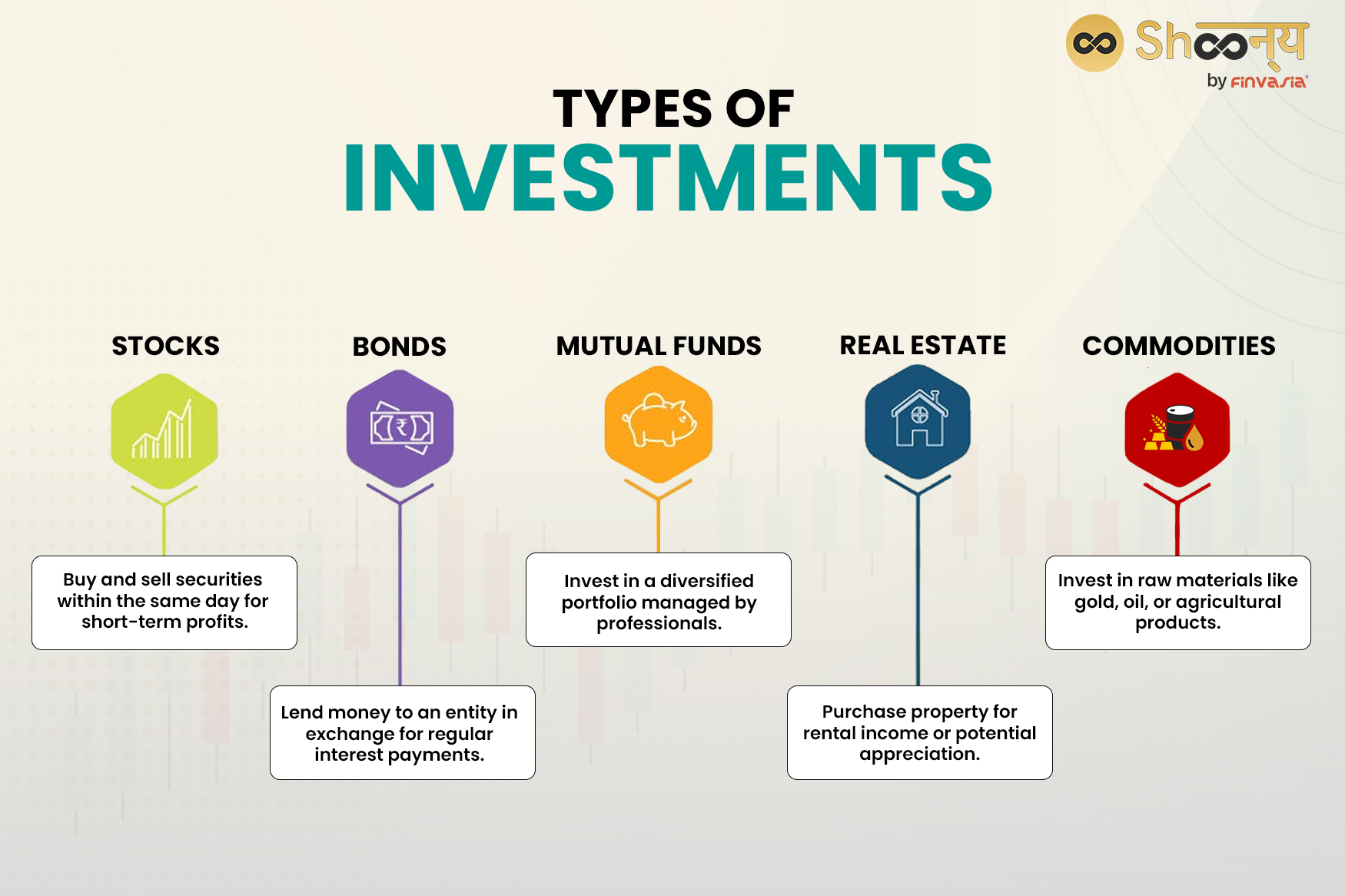Table of Contents
Banks A financial investment firm is a banks principally participated in holding, handling and spending securities. These business in the USA are regulated by the U.S. Securities and Exchange Commission and need to be registered under the Investment Firm Act of 1940. Financial investment firms spend money in behalf of their customers who, in return, share in the revenues and losses.

Financial investment firms do not include brokerage firm companies, insurance policy business, or financial institutions.
A significant sort of firm not covered under the Financial Investment Business Act 1940 is private investment firms, which are just exclusive companies that make financial investments in stocks or bonds, yet are restricted to under 250 capitalists and are not managed by the SEC. These funds are commonly made up of extremely wealthy capitalists.
This gives specific protections and oversight for capitalists. Managed funds typically have restrictions on the kinds and quantities of financial investments the fund manager can make. Typically, managed funds may just purchase detailed protections and no more than 5% of the fund might be bought a single safety. The majority of investment firm are shared funds, both in regards to number of funds and assets under monitoring.
Investment Management local to Lubbock
The initial investment counts on were developed in Europe in the late 1700s by a Dutch investor who wanted to allow little financiers to pool their funds and branch out. This is where the idea of investment firm stem, as specified by K. Geert Rouwenhorst. In the 1800s in England, "financial investment pooling" arised with trust funds that looked like modern mutual fund in structure.
:max_bytes(150000):strip_icc()/income-investment-company.asp-final-7dfd80d1b7244b87bfbd6c179475a48d.png)
The 1929 stock exchange accident and Excellent Anxiety temporarily interfered with investment funds. But new protections laws in the 1930s like the 1933 Securities Act recovered investor self-confidence. A variety of developments after that brought about stable development in financial investment business possessions and accounts over the decades. The Investment Firm Act of 1940 manages the framework and operations of investment firm.
The act governs investment firm funding, safekeeping of possessions, transactions with associates, and fund board obligations. The Investment Advisers Act of 1940 manages financial investment consultants to signed up funds and various other huge advisors. It establishes registration, record keeping, reporting and various other demands for advisors. The Securities Exchange Act of 1934 controls trading, acquiring and selling of securities consisting of investment firm shares. United State Securities and Exchange Commission (SEC).
Investment Management Companies around Lubbock
Lemke, Lins and Smith, Guideline of Financial Investment Business, 4.01 (Matthew Bender, 2016 ed.). ACM. 2023.
In retail mutual fund, thousands of financiers may be included through intermediaries, and they may have little or no control of the fund's tasks or expertise regarding the identities of other capitalists. The prospective number of capitalists in a private investment fund is typically smaller sized than retail funds. Exclusive investment funds tend to target high-net-worth individuals, including politically subjected individuals, and fund managers might have a close partnership with their customer financiers.

Easy funds have actually been growing in their market share, and in some jurisdictions they hold a significant portion of ownership in openly traded business. There are several classifications for financial investment funds. For instance, some are closed-end, suggesting they have a fixed number of shares or funding, whilst others are open-end, meaning they can turn into limitless shares or resources.
The rates, danger, and terms of by-products are based on an underlying property, and they enable investors to hedge a placement, boost take advantage of, or hypothesize on an asset's modification in value. An investor might possess both a stock and an option on the same supply that permits them to offer it at an established cost; for that reason, if the stock's cost drops, the alternative still retains worth, minimizing the financier's losses.
Whilst considered, given the focus of this briefing on the robot of company lorries, a complete treatment of the helpful possession of assets is outside its range. A mutual fund works as an avenue to gain from several possessions being held as financial investments. Financiers can be individuals, business automobiles, or institutions, and there are normally a number of intermediaries in between the financier and mutual fund as well as in between the financial investment fund and the underlying financial possessions, particularly if the fund's devices are exchange-traded (Box 1).
Investment Company servicing Lubbock, Texas
Depending upon its legal type and structure, the individuals exercising control of a mutual fund itself can vary from the individuals that have and take advantage of the underlying possessions being held by the fund at any type of provided point, either directly or indirectly. Both retail and exclusive mutual fund normally have fund supervisors or experts who make investment choices for the fund, choosing safeties that align with the fund's goals and risk resistance.
and act as middlemans in between financiers and the fund, promoting the trading of fund shares. They link investors with the fund's shares and implement trades on their part. handle the registration and transfer of fund shares, keeping a document of shareholders, processing ownership adjustments, and issuing proxy products for investor meetings.
Navigation
Latest Posts
Investment Firms
Mineral Rights Companies
Mineral Rights Companies local to Lubbock, Texas